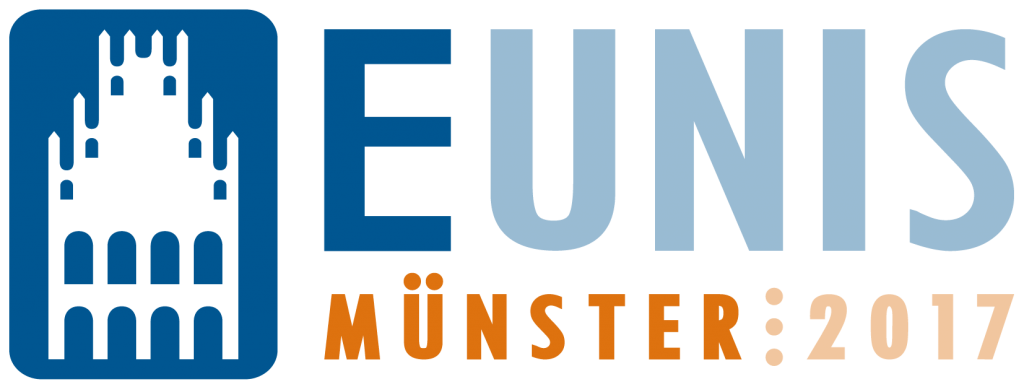Session Chair: F. Barstad
A Virtual Environment and Infrastructure to Ensure Future Readiness of Computer Centers
(Christoph List)
The ongoing digitalization leads to a need of continuous change of ICT (Information and Communi-cation Technology) in all university domains and therefore affects all stakeholders in this arena. More and more ICT components, systems and tools occur and have to be integrated into the existing processes and infrastructure of the institutions. These tasks include the transfer of resources and information across multiple ICT systems. By using so-called virtual environments for domains of re-search, education, learning and work, the performance of daily tasks can be aided. Based on a user requirement analysis different short- and long-term objectives were identified and are tackled now in the context of a federal research project. In order to be prepared for the ongoing digitalization, new systems have to be provided. Both, a service-oriented infrastructure and a related web-based virtual learning environment constitute the platform Campus.UP and creates the necessary basis to be ready for future challenges. The current focus lies on e-portfolio work, hence we will present a related focus group evaluation. The results indicate a tremendous need to extend the possibilities of sharing resources across system boundaries, in order to enable a comfortable participation of exter-nal cooperating parties and to clarify the focus of each connected system. The introduction of such an infrastructure implies far-reaching changes for traditional data centers. Therefore, the challenges and risks of faculty conducting innovation projects for the ICT organization are taken as a starting point to stimulate a discussion, how data centers can utilize projects to be ready for the future needs. We are confident that Campus.UP will provide the basis for ensuring the persistent transfer of innovation to the ICT organization and thus will contribute to tackle the future challenges of digitalization. View paper
InkluTeach: A Virtual Classroom for Pre-Service Teacher Training
(Julian Windscheid)
This Paper reports an exploratory project in which we designed the innovative eLearning platform InkluTeach for teaching pre-service teachers by implementing 360° videos with real classroom scenarios of inclusive learning of children with and without special education needs. By the use of 360° video in combination with virtual reality (VR) headsets we create a virtual classroom, where the pre-service teachers become part of the situation they have to analyze. The paper gives an overview about possibilities and challenges for new video technologies in the field of pre-service teachers training within this project. View Paper
Experiencing the Smarter Campus
(Gill Ferrell)
It seems that every few years a new development (usually featuring technology), be it online learning or, more recently, MOOCs, heralds the ‘death of the university campus’. The physical evidence however always appears to contradict these predictions. Campus education continues to be relevant because learning is a social process but the nature of the facilities we need to provide is changing significantly. This paper looks at trends in the use of digital technologies on-campus and the organisational and management issues they pose. We concentrate primarily on the use of such technologies in spaces used for formal and informal learning and teaching. The paper makes the case that successful integration of digital technology is key to delivering excellent learning experiences on campus and we make recommendations as to how the EUNIS community can take steps to help develop smarter campuses in their own institutions. The authors are professionals who have supported a range of different universities in various aspects of learning space development. In the Congress presentation that accompanies this paper we illustrate the points with worldwide examples. View Paper
